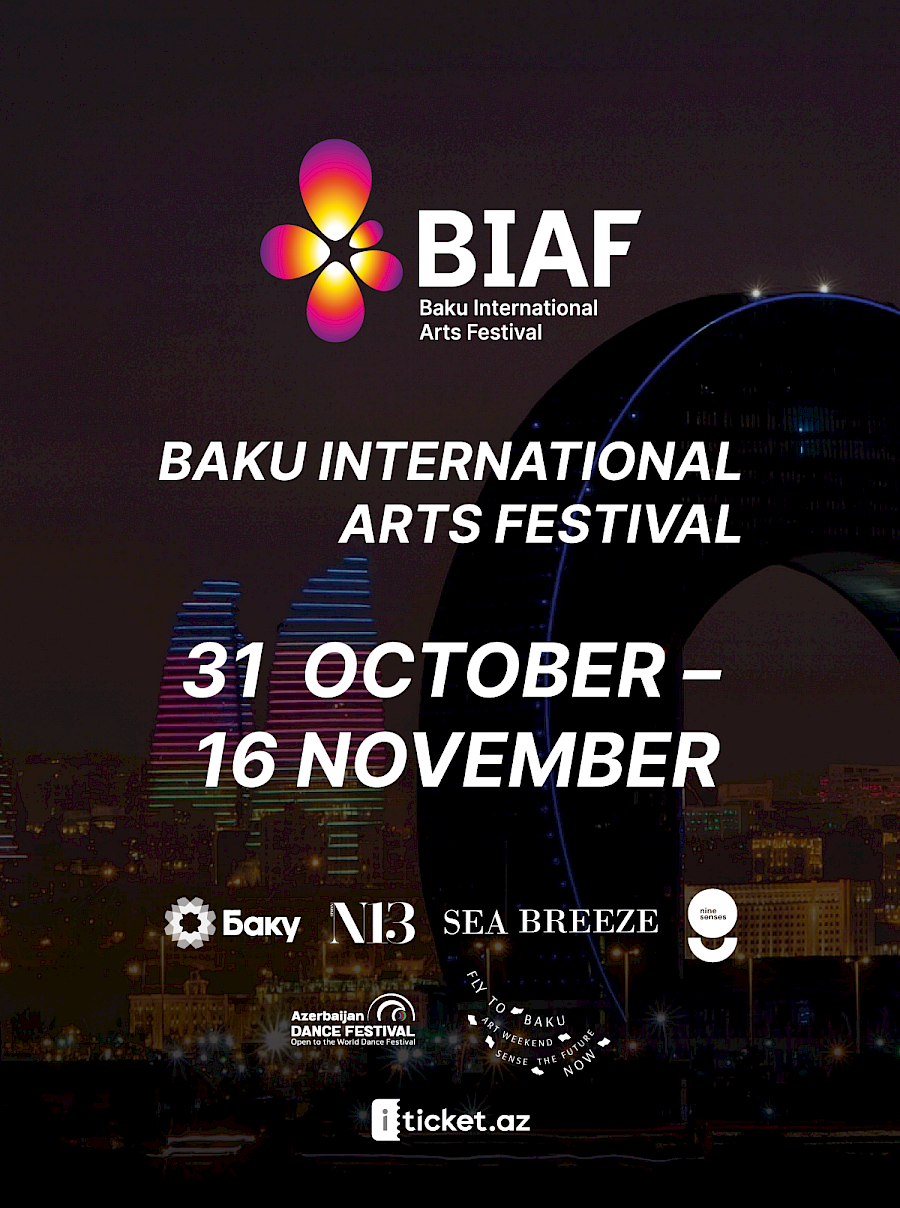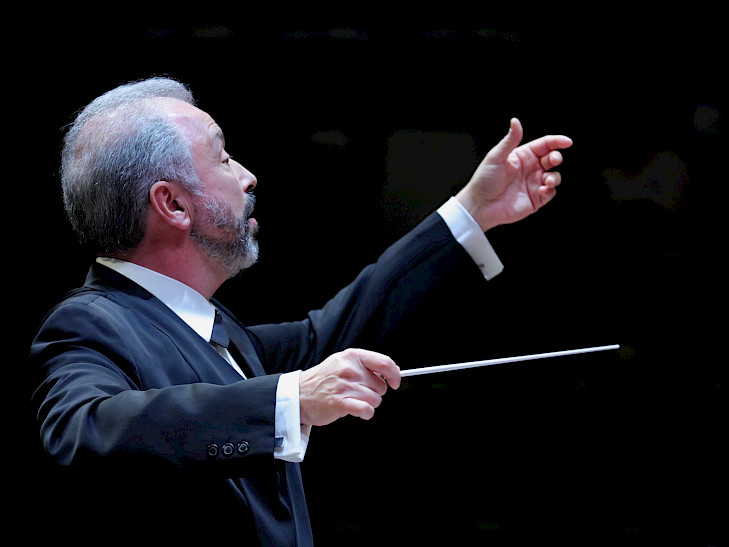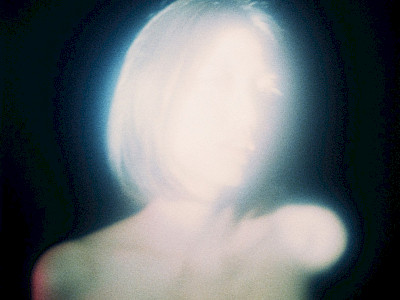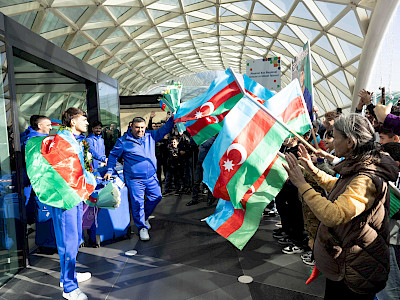
 |
|---|
Do you remember the moment when you first encountered music and realised that it was what you wanted to devote your life to — something you couldn’t live without?
The thing is, I come from the fourth generation of professional musicians. I still keep a wonderful conductor’s baton that was given to my great-grandfather, Isaak Ratner, in Baku in 1929. He was a renowned concertmaster at the Baku Opera Theatre and the founder of our musical dynasty. Today, my daughter is a singer, making her the fifth generation of musicians in our family. So music is quite literally in our blood, in our genes. That’s why it’s hard for me to pinpoint a specific moment when I decided to devote myself to it — I’ve simply known since childhood that I would become a performer.
Is there a piece of music you always return to?
Yes, absolutely. I have a very long story connected with one particular work — it’s been 42 years now. I quite literally “fell ill,” in the best sense of the word, with Bach’s great composition, the Goldberg Variations. I was especially inspired by the brilliant interpretation of the legendary Canadian pianist Glenn Gould. In 1983, I began creating my own transcription of this piece, which over time became incredibly popular around the world. Today, an entire “army” of string players performs it.
Do you have any kind of ritual before a performance – something you can’t begin a concert without?
I don’t think I have any special ritual. Over the years, I’ve met many musicians who do have their own habits — some must shake a colleague’s little finger, others say certain words before going on stage. I have nothing like that. But of course, concert days are always special for me. Unlike people who go to work in the morning and can relax in the evening, for us, it’s the opposite. Even if there’s a rehearsal in the morning, all energy, focus, and strength must be reserved for the evening. So it’s important to take care of yourself — both physically and mentally — to be in the best possible shape by the time you step onto the stage.
What advice would you give to aspiring musicians?
I am convinced that the best system of education is not the one we have today. Of course, it is important to go to school, study, and socialise with your peers — but the truly effective and creative model of learning was born during the Renaissance.
The great Leonardo da Vinci, for example, spent eleven years with his teacher. Back then, students lived in the master’s workshop and learned not only painting, sculpture, or technique — they learned about life itself. Teachers were very strict: students cleaned the house, helped with household tasks, fetched materials, and carried out errands. It was a true school of life. Today, education is often detached from reality, and only after graduating from university does a person begin to face the real world for the first time.
I believe that a teacher should teach not only technical mastery but also communication. This is a big problem nowadays: everyone is absorbed in their phones and tablets, losing live interaction, the ability to feel others, to understand emotions, to articulate and express their thoughts.
I would advise young musicians to stay close to their mentors. Their guidance is priceless — because truly wise advice can only come from someone who has already walked that path.
What does participating in the Baku International Arts Festival mean to you?
For me, it is a tremendous joy. Back in 1999, we organised a similar festival, and I invited many international musicians to take part. Everything was driven by pure enthusiasm and inspiration. At that time, Farhad Badalbeyli provided the Academy for rehearsals, since the Philharmonic Hall was not yet fully restored. We gave concerts at various venues, including the theatre.
I always dreamed that such festivals would become a tradition in Baku. And now I can say that one of my greatest wishes has come true. Seeing Baku once again become a place that attracts artists from all over the world is especially meaningful to me.



